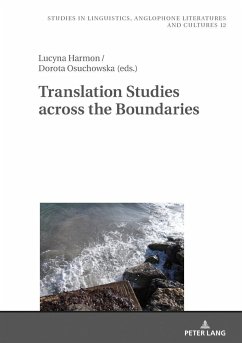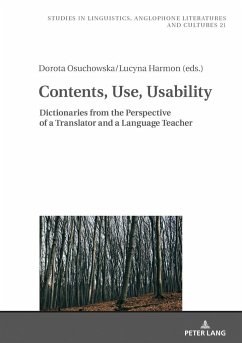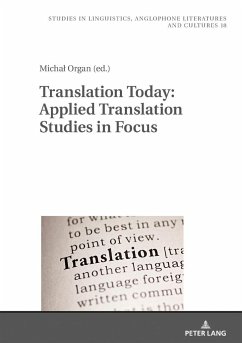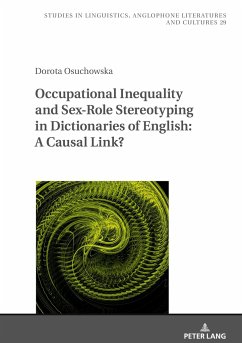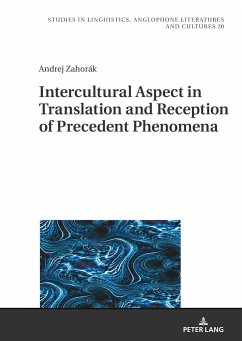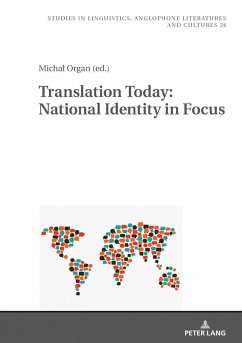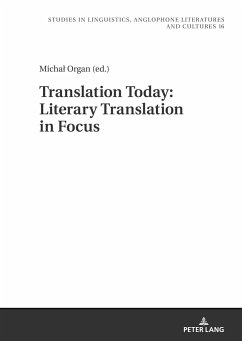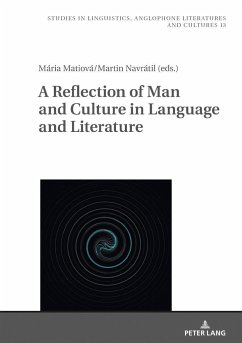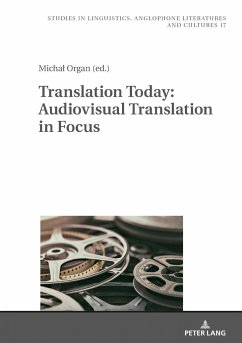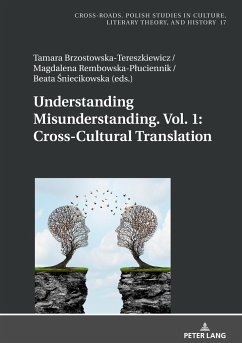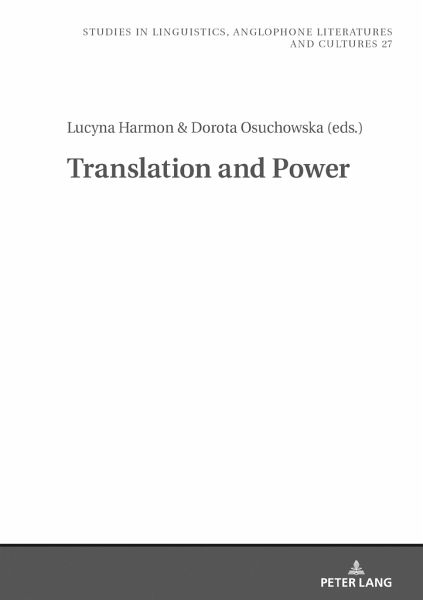
Translation and Power
Versandkostenfrei!
Versandfertig in 6-10 Tagen
76,30 €
inkl. MwSt.

PAYBACK Punkte
0 °P sammeln!
Like many other human activities, translation is related to different forms of power. It can be the ability to control and set the rules. With written translations of significant works of culture, it has often been the powerholders who supported and promoted or impeded them, depending on their own preferences or their understanding of the actual sociopolitical needs. The powerholders in question are individual or collective decision-makers at various levels of the sociopolitical hierarchy who determine policies and allocate funds for approved projects. This book focuses on the possiblities of ...
Like many other human activities, translation is related to different forms of power. It can be the ability to control and set the rules. With written translations of significant works of culture, it has often been the powerholders who supported and promoted or impeded them, depending on their own preferences or their understanding of the actual sociopolitical needs. The powerholders in question are individual or collective decision-makers at various levels of the sociopolitical hierarchy who determine policies and allocate funds for approved projects. This book focuses on the possiblities of various approches to translation and power as a research topic within Translation Studies.





